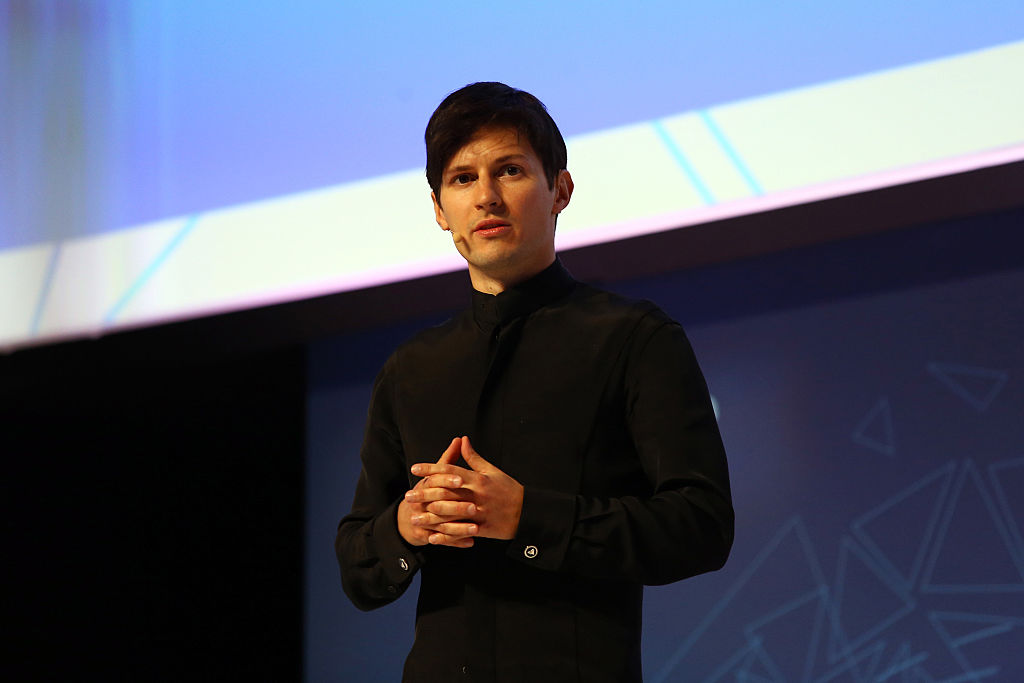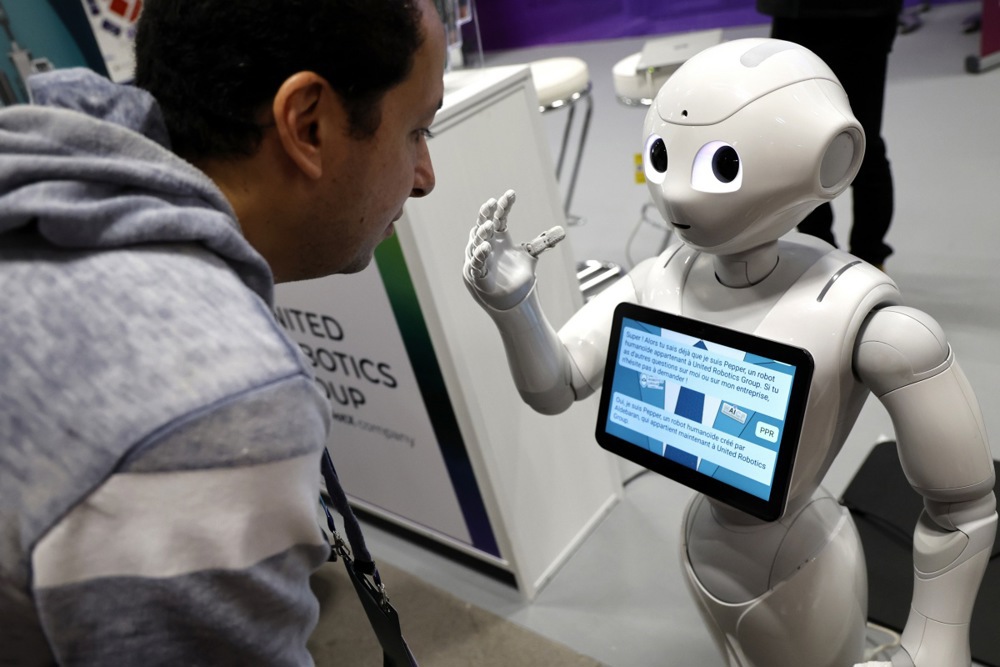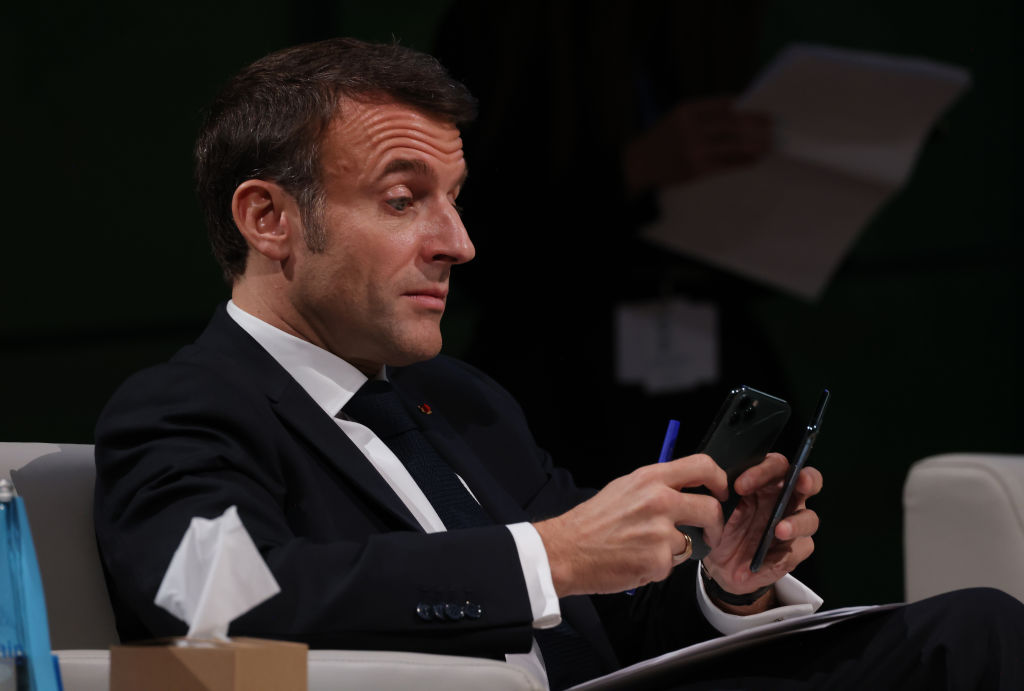Europe should focus on developing its own brand of artificial intelligence (AI) and leave the issue of its regulation for later, French President Emmanuel Macron has said.
Speaking during a trip to Serbia over August 28-29, the Liberal leader appeared to reject the agreed EU approach of regulating AI, instead focusing on the fact that the entire continent is playing catch-up to both China and the US.
“We Europeans have fallen a little behind,” he said, warning that both world superpowers were “investing much more” than Europe.
He added that Europe should be focused on building its own AI standard that was neither fully public nor private, arguing instead for the development of a “very specific, mixed, public-private innovation model”.
Macron said he believed that such an approach, which would focus on the “three S’s” of “science” – “common standards” and “common solutions” – could enable Europeans to “define the rules” on AI.
After that was achieved, only then should Europe examine comprehensive regulation, he said.
“The priority is to invest. It is when we are at a point of maturity that we can make regulation a competitive advantage.”
Macron’s comments came after his country had agreed to the EU’s comprehensive regulation of AI.
Due to enter into full force next year, tech entrepreneurs have criticised the AI Act as making the bloc less competitive on the world stage, especially when compared to larger, less tightly regulated markets.
Recent action taken by French authorities have also raised doubts over the country’s suitability for tech entrepreneurs. The arrest and charging of Telegram CEO Pavel Durov has prompted some commentators to express doubt as to how safe France — as well as the EU is as a whole — was for those involved in Big Tech.
What the AI Act means for Europe
Don't miss the full interview of our Head of News @JustinStares with our tech correspondent @Peter_Caddle ?? https://t.co/W0lnwWxGq6
#europeanunion #ArtificialIntelligence #AI pic.twitter.com/62T1oZafRt
— Brussels Signal (@brusselssignal) August 12, 2024





